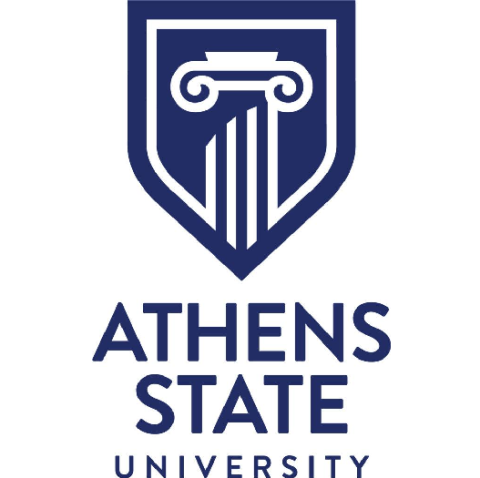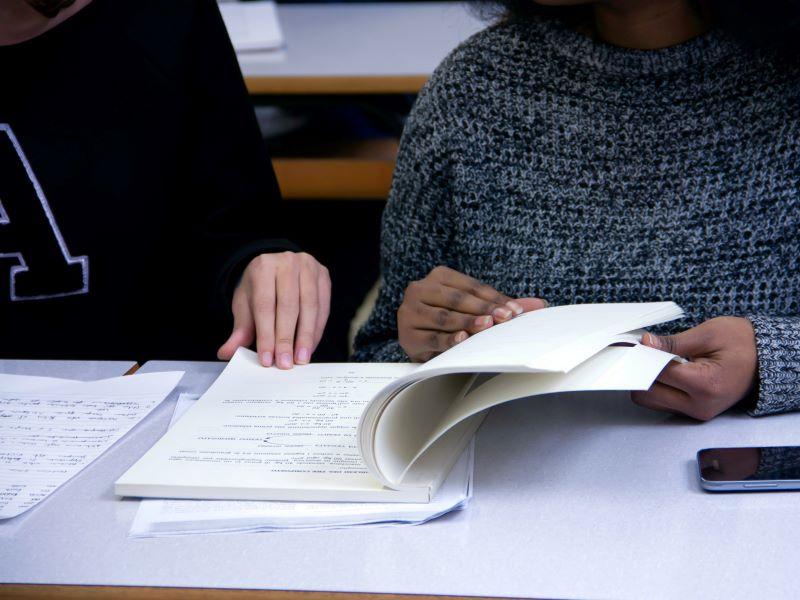
Tips (from a librarian) for creating assignment prompts
You may also like
If your assignments require students to find, evaluate or use information sources of any kind, the cadence of the following instructions might feel familiar.
“Write a five-page paper and use three peer-reviewed articles and one book to support your claims. None of the outside sources can be from the internet.”
Or this:
“You’ll be writing a paper on the topic of your choice, as long as it’s related to the subject of this course. Use APA format and scholarly sources.”
Or maybe this:
“For this assignment, use the library website to find professional articles on your topic.”
Spoiler alert: these statements are problematic but can be improved using the suggestions offered below. First, however, you might be asking yourself why a librarian is inserting herself into assignment design. The answer: students ask librarians to help them interpret assignments. This happens every day, all the time. In particular – and for various reasons mentioned below – students struggle to identify a researchable topic as well as identify the types of outside sources that you require them to locate and use. I’ve helped students with these issues for 20 years as an academic librarian. I’ve also worked at a few academic libraries during my career, so none of the examples refer to a specific college, university or campus.
- Resource collection: Designing assessments to support deeper learning
- Writing exam questions in a six-step process
- Assessment and feedback as an active dialogue between tutors and students
1. Topic development matters (a lot)
If you ask students to choose a topic to write about, I guarantee they need help. It seems, though, that this crucial step – a step that can determine student success or failure on the assignment – doesn’t receive the attention it needs. Librarians try to help by creating online guides and handouts focused on “choosing a topic” or “writing a thesis statement”, but ideally the guidance should come from the person who created the assignment.
‘Narrow your topic’
When a student shares a topic idea with you, unless they’re a well-seasoned researcher assume they won’t understand what you mean by the subjective phrase “narrow your topic”. For instance, if a student comes to you with the topic “how social media affects our mental health” and you instruct them to “narrow the topic”, what do you mean by this? Do you want the student to focus on a specific social media platform, on a gender or age group, or maybe a particular type of mental health issue? Students need these specifics. Unless you’re testing students on how to develop a topic (and they’ve had previous instruction on how to do this), please consider offering significant support in the area of topic development.
2. Define terminology
I’ve seen the following words used in assignments to describe the types of sources required: scholarly sources, credible sources, reliable sources, trustworthy sources, library sources, peer-reviewed sources, valid sources and primary sources. Ask a few of your colleagues to define these terms and be prepared for a range of answers, some a little different from one another, others very different. Often this depends on the field of study. For instance, for many years I defined primary sources in the way a historian might, which often means a source contemporaneous with the time being studied. I later learned that some fields equate a primary source with original research. In other words, a primary source could be a peer-reviewed article. Assume every person who teaches on your campus defines these words differently and ensure students know what you expect.
3. Explain source requirements and restrictions
Students will perform better if they understand the reasoning behind your restrictions rather than seeing them as arbitrary.
‘Peer-reviewed sources only’
Are you requiring peer-reviewed sources? If so, tell students why and go further than “because they’re the most reliable”. Peer-reviewed doesn’t mean “best” in all situations. For example, if an assignment requires students to write a persuasive argument, perhaps newspapers or blogs would prove more appropriate. In addition, for brand-new topics – for example, a recent world event – there might not be peer-reviewed articles available. Students need to know about these limitations. This illustrates another reason why topic development is important.
‘Don’t use internet sources’
If you use this (or a similar phrase) in your source requirements, be sure students understand that you’re not referring to electronic library resources (if, of course, that’s the case). Remember that Google Scholar can provide students with an entry point to library resources, especially if your library has linked its resources with Google Scholar. Check with your librarian if you’re not sure. Also, don’t forget to discuss with students why you don’t want them to use internet sources.
‘Use at least one book’
Similar to the other types of sources mentioned so far, students should know why you want them to use a book as a source. This will probably be linked to how the information found in a book differs from other types of sources. Are e-books acceptable? Libraries have been purchasing more and more books in this format over the past few years. Does format matter to you? If so, students should know that they cannot use an e-book.
4. Collaborate with a librarian
Reach out to the appropriate librarian before sending students to the library. This allows librarians time to “test” the assignment. “Testing” the assignment means determining if it can be completed with the library resources at hand. Even better, consult the librarian as you’re constructing the assignment and test the final draft together. Most academic libraries have librarians that specialise in specific fields who will be more than happy to collaborate with you.
Toni Carter is director of the Kares Library at Athens State University.
If you found this interesting and want advice and insight from academics and university staff delivered direct to your inbox each week, sign up for the Campus newsletter.




